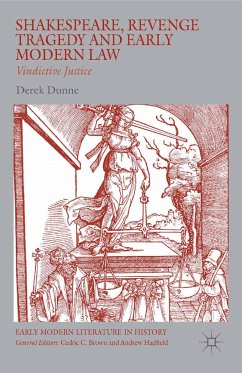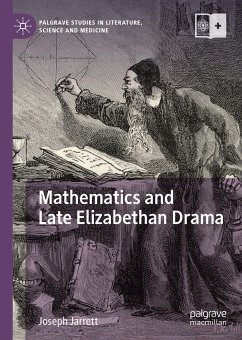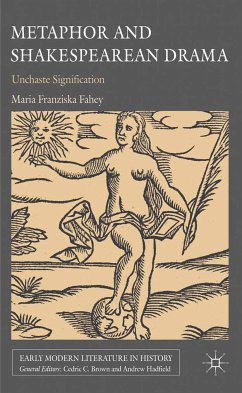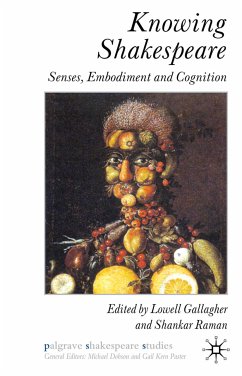
Shakespeare, Revenge Tragedy and Early Modern Law (eBook, PDF)
Vindictive Justice
Versandkostenfrei!
Sofort per Download lieferbar
72,95 €
inkl. MwSt.
Weitere Ausgaben:

PAYBACK Punkte
36 °P sammeln!
This book, the first to trace revenge tragedy's evolving dialogue with early modern law, draws on changing laws of evidence, food riots, piracy, and debates over royal prerogative. By taking the genre's legal potential seriously, it opens up the radical critique embedded in the revenge tragedies of Kyd, Shakespeare, Marston, Chettle and Middleton.
Dieser Download kann aus rechtlichen Gründen nur mit Rechnungsadresse in A, B, BG, CY, CZ, D, DK, EW, E, FIN, F, GR, HR, H, IRL, I, LT, L, LR, M, NL, PL, P, R, S, SLO, SK ausgeliefert werden.












